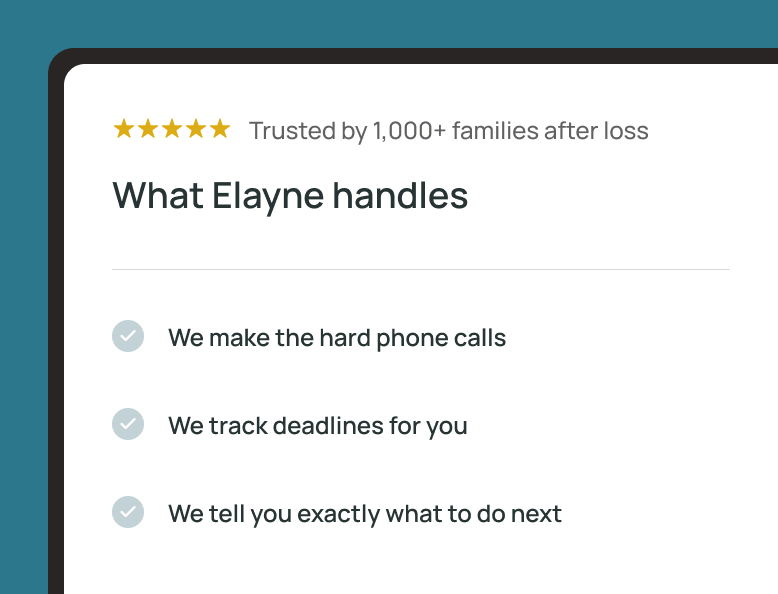Losing a loved one is a deeply emotional experience, compounded by the practical challenges of managing their estate and settling outstanding debts, including medical bills. This guide aims to clarify what happens to medical debts after death, the responsibilities of the deceased’s estate, potential liabilities for family members, strategies for managing these debts, and the role of estate planning in preparing for such scenarios.
Understanding Medical Debts After Death
When someone passes away, their debts, including medical bills, do not simply disappear. Instead, these debts become the responsibility of the deceased’s estate. The estate comprises all assets (property, investments, savings) and liabilities (debts, unpaid bills) owned by the deceased at the time of death. The executor’s or administrator’s responsibility is to settle these debts using the estate’s assets before distributing any remaining assets to beneficiaries.
Responsibility of the Estate
If the deceased had a valid will, an executor named in the will is responsible for managing the estate and ensuring debts are paid. Without a will, the court appoints an administrator to handle these tasks. The first step is to identify and catalog all debts, including medical bills, and then use the estate’s assets to pay off these debts.
Settling Debts with Estate Assets
The executor must settle debts from the estate’s assets before beneficiaries receive anything. An estate is solvent if the estate has enough assets to cover all debts. In this case, creditors, including medical providers, are paid in full according to their priority. Any remaining assets can then be distributed to heirs as specified in the will or according to state intestacy laws (when there is no will).
Insolvent Estates and Unpaid Debts
An estate is insolvent if its assets cannot cover all debts. In such cases, creditors may receive partial payments or nothing at all, depending on the priority rules set forth by state law. Medical providers often write off unpaid balances after attempting to collect from the estate. It’s important for family members to understand that they are generally not personally responsible for the deceased’s unpaid medical bills unless specific conditions apply.
Exceptions to Non-Responsibility
There are several exceptions where surviving family members may be held responsible for the deceased’s medical debts:
Co-signed Loans or Joint Accounts
If a family member co-signed a loan or was a joint account holder with the deceased, they may be liable for the remaining debt.
Community Property States
In states with community property laws (Arizona, California, Idaho, Louisiana, Nevada, New Mexico, Texas, Washington, and Wisconsin), debts incurred during marriage may be the responsibility of the surviving spouse, even if they were not directly involved in the transactions.
Filial Responsibility Laws
Some states have laws that may hold adult children responsible for their deceased parents’ medical debts under certain circumstances, though these laws are rarely enforced.
Notifying Creditors and Credit Bureaus
Upon the death of an individual, it is crucial to inform creditors promptly. This notice involves providing them with a copy of the death certificate to halt collection efforts temporarily until the estate is settled. Creditors are generally required to cease collection activities until they receive notification of the death.
Survivors or the estate’s executor should also notify the major credit bureaus (Equifax, Experian, TransUnion) to update the deceased person’s credit report. This notice prevents misuse of the deceased’s identity and avoids any complications related to identity theft.
Negotiating and Settling Medical Debts
Family members can negotiate with medical providers to settle outstanding bills for less than the total amount owed. Settling can be done by proposing a lump-sum payment or negotiating a structured payment plan. Medical providers may be willing to accept reduced payments rather than risk receiving nothing if the estate is insolvent.
Estate Planning to Protect Assets
To mitigate the impact of medical debts and other liabilities after death, individuals can engage in proactive estate planning:
Trusts: Establishing trusts can help protect assets from creditors and ensure their distribution according to specific instructions.
Powers of Attorney and Healthcare Directives: Assigning powers of attorney allows someone to manage financial and legal matters if the individual becomes incapacitated. Healthcare directives outline medical wishes and appoint someone to make healthcare decisions on their behalf.
Updating Plans Regularly: It’s essential to review and update estate plans regularly to reflect changes in financial circumstances, family dynamics, and health conditions.
Conclusion
Dealing with medical bills after the death of a loved one is a significant challenge, both emotionally and practically. While these debts become the responsibility of the deceased’s estate, surviving family members are typically not personally liable unless specific legal conditions apply. Promptly notifying creditors, negotiating settlements, and engaging in proactive estate planning can help mitigate financial burdens and ensure that the deceased’s wishes are carried out effectively.
By understanding these processes and seeking legal advice when necessary, families can navigate the complexities of settling medical debts with greater confidence and peace of mind during an already difficult time.















































